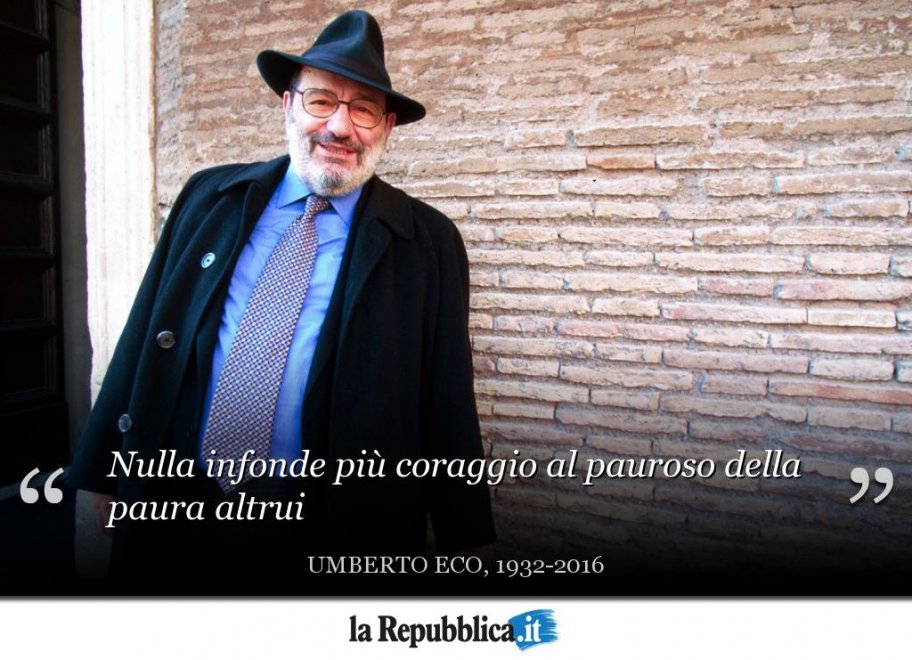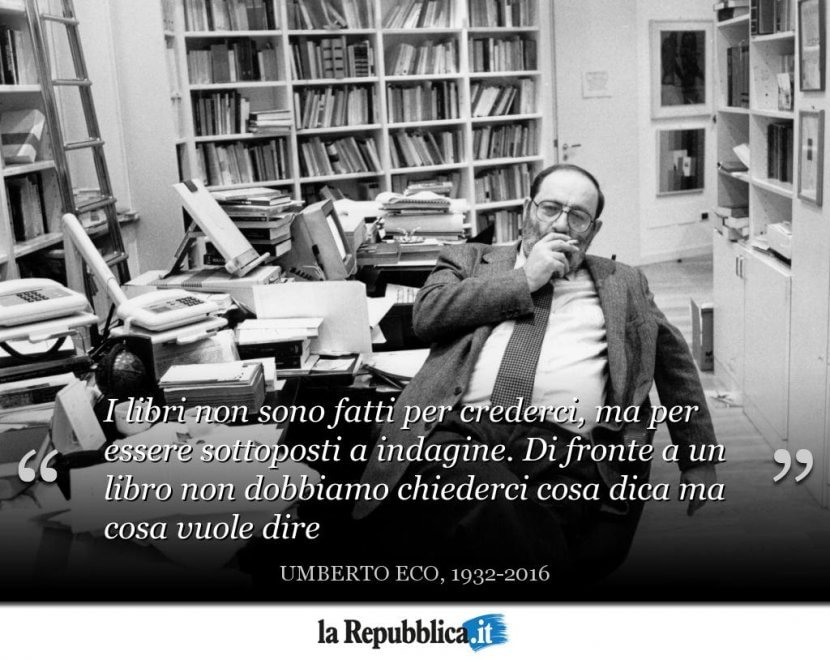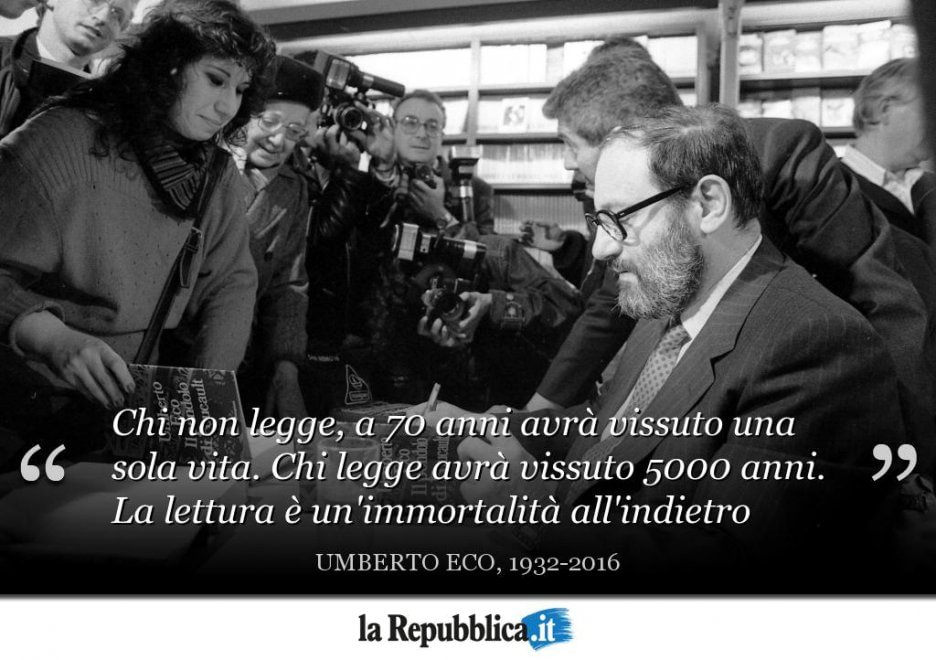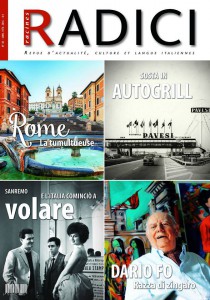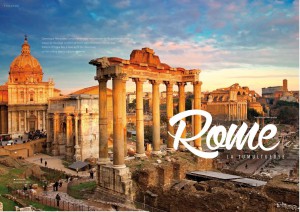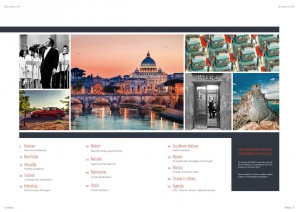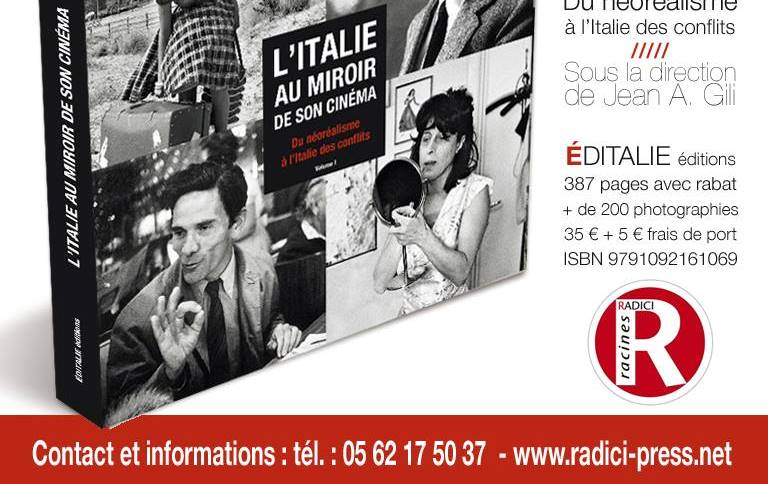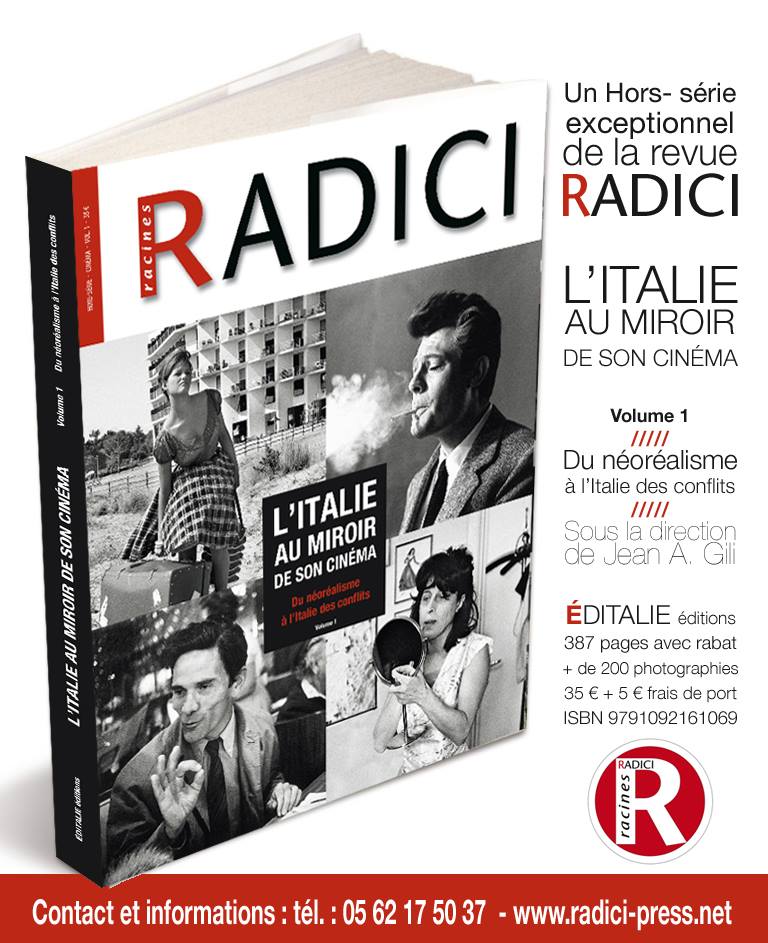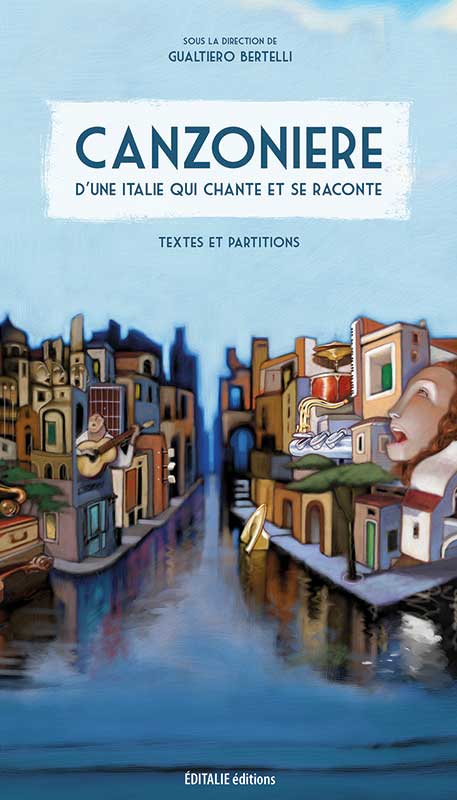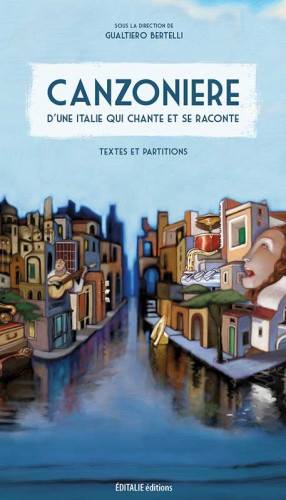 Great Italian intellectual, the writer Umberto Eco, died on the night of Friday to Saturday at the age of 84 years, was an academic, linguist and philosopher who rose to global fame with a medieval and erudite thriller, The name of the rose .
Great Italian intellectual, the writer Umberto Eco, died on the night of Friday to Saturday at the age of 84 years, was an academic, linguist and philosopher who rose to global fame with a medieval and erudite thriller, The name of the rose .
This philosopher by training, celebrated on the later while approaching fifties, has managed a masterstroke with his first novel published in 1980, The name of the rose has sold several million copies and has been translated into 43 languages. It has been adapted for the cinema in 1986 by the French Jean-Jacques Annaud with Sean Connery in the role of Brother William of Baskerville, the ex-inquisiteur to investigate the death suspicious of a monk in an Abbey of the Italy North. Peppered with latin, the polar of this renowned with the affable roundness semiologist was even the target of pirate editions, including in Arabic under the title sex at the convent… Another consequence, significant for the Italian edition, “The name of the rose revived the novel in Italy and Italian literature abroad. The Italian authors have again been translated”, says critic and Italian novelist Alain Elkann.
After the name of the rose, He particularly offered its readers Foucault's pendulum (1988), The island of the day from front (1994) and the mysterious flame of Queen Loana (2004).
His latest novel, Number zero, published in 2014 is a contemporary thriller centered on the world of the press. He is also the author of dozens of trials involving also eclectic than medieval aesthetics, the poetics of Joyce, vegetable memory, James Bond, the art of the fake, the history of beauty or that of ugliness.
“Beauty lies within certain limits while the ugly is infinite, therefore more complex, more varied, more fun”, He explained in an interview in 2007, adding that he had “always had affection for monsters”. Claiming “write for fun”, It Professore – malicious eyes behind glasses and a white beard – was also a bibliophile and possessed more than 30 000 titles including rare editions. “Eco was a first class, very intelligent, very erudite. He played brilliantly the figure of the European intellectual. He is also comfortable in Paris and Berlin to New York or Rio”, considers Alain Elkann.
Iconic quotes by Umberto Eco:
- "The weaknesses of the wicked are the same as those of the saints."
- "Lets talk about your heart, queries the faces, don't listen to languages…”
- "If God exists, It's a library."
- "TV makes intelligent people who do not have access to culture and abrutit those who believe themselves cultivated."
- "Science is not only whether to be or may be, but also to know what could be done when well even should not do so."
- "The themes of the tragedy are universal, While those comedy are more rooted in the cultures."
- "There are four ideal types : the moron, the fool, the crazy and the stupid. The normal, It is the balanced blend of four."
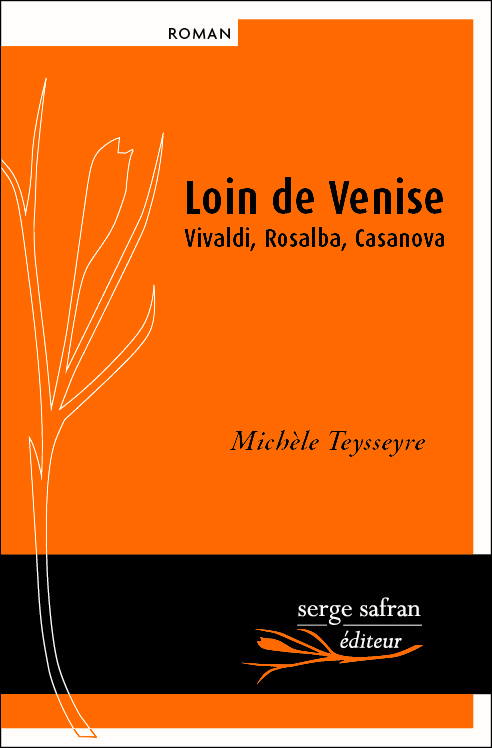
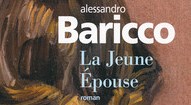
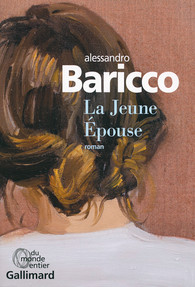
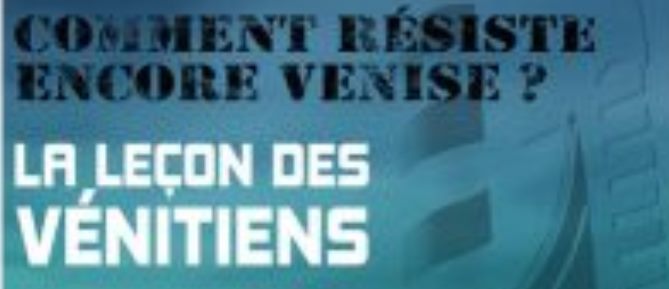
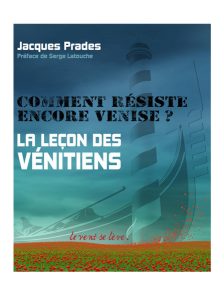
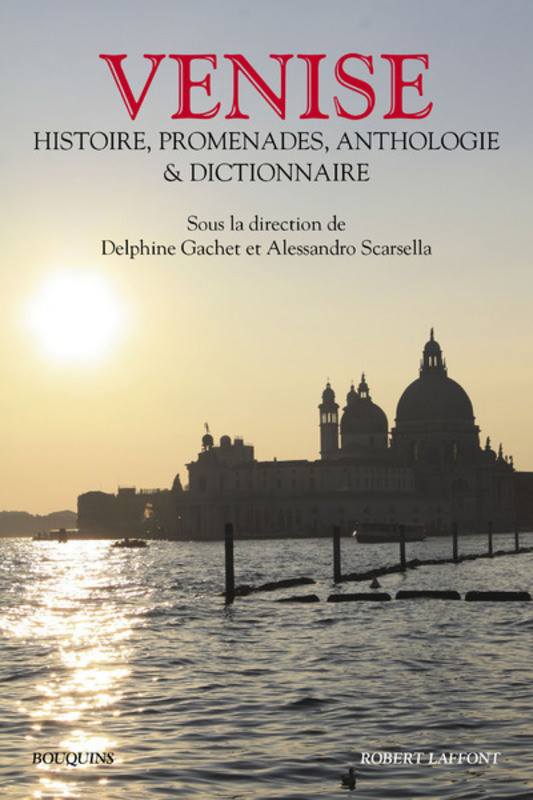
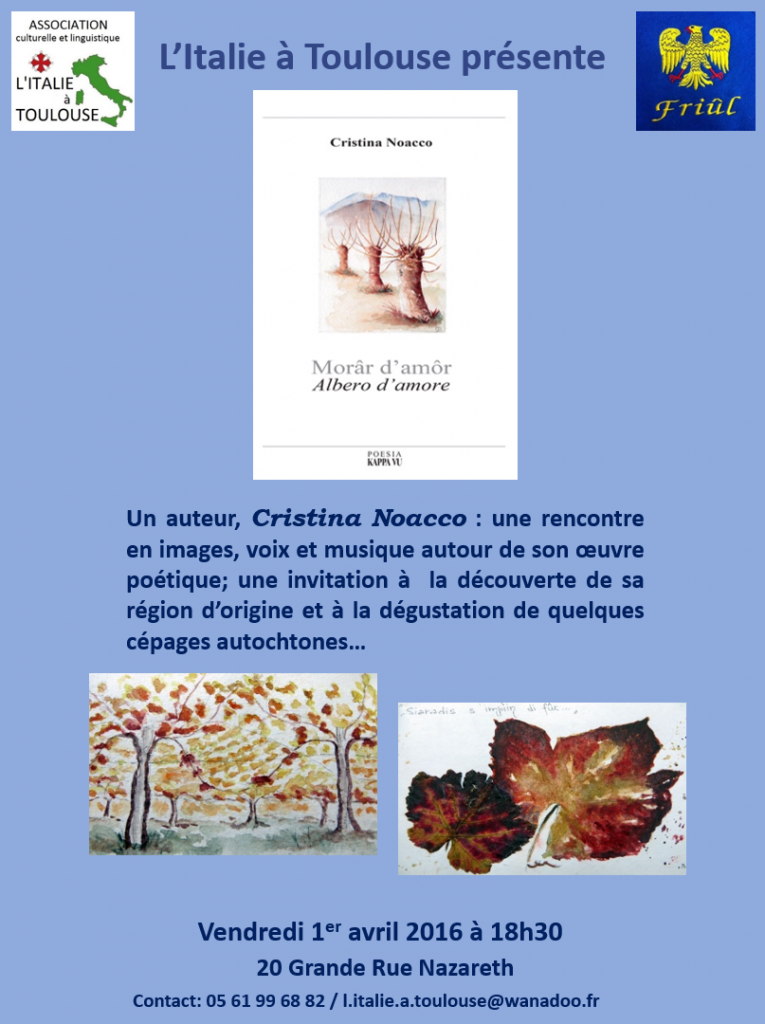
 Great Italian intellectual, the writer Umberto Eco, died on the night of Friday to Saturday at the age of 84 years, was an academic, linguist and philosopher who rose to global fame with a medieval and erudite thriller, The name of the rose .
Great Italian intellectual, the writer Umberto Eco, died on the night of Friday to Saturday at the age of 84 years, was an academic, linguist and philosopher who rose to global fame with a medieval and erudite thriller, The name of the rose .